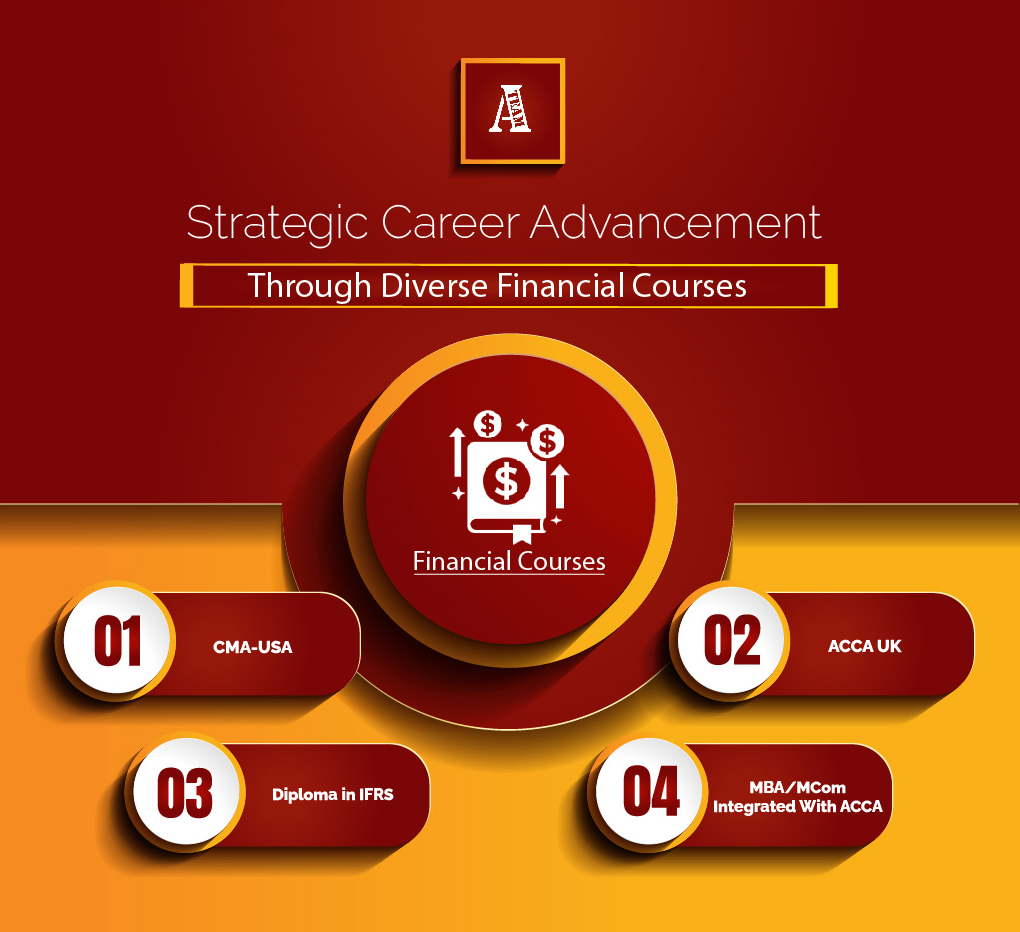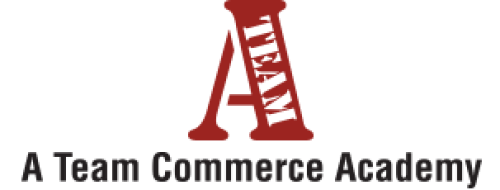From 9 to 5 and Beyond: Incorporating Financial Courses into Your Professional Journey

Imagine three years into your professional journey, realizing career growth is not possible with the current set of qualifications. The thought of picking up books again and managing studies with a full time job is all the more intimidating.
Let’s take a look at finance courses for working professionals that can be managed with a full time job adding substantial value to your career. Continuous learning is essential for professional growth.Incorporating these finance courses will open doors to career advancement opportunities.
The Evolving Workplace Landscape
Artificial learning is taking over tasks of repetitive nature. Professionals working in KPOs face a direct threat from AI due to continuous development and technological advancements. Many tasks have already been automated in multiple companies.
The best way forward is to upskill and incorporate qualifications that can ensure long term career growth.
Balancing Act: Integrating Learning with 9-to-5 Responsibilities
Kartik completed CMA USA with a full time job. It was not easy though. For him, it started with having a study plan and deciding a target date for his exams. Dividing these long term goals into day to day tasks is essential.
You cannot wait for the weekend to pick up the book. Kartik decided to study 7 days a week. He designated 2 hours daily after work and 6 hours on weekends.
Besides his hard work, the flexibility of giving one paper at a time gave him the courage to take his first step.
Section 3: Strategic Career Advancement Through Diverse Financial Courses
Besides increase in one’s knowledge and better decision making skills these courses provide the best defense against AI, professional judgment. This skill can never be automated. Business is dynamic and professional judgment is applied in situations never faced before.
These courses help candidates develop capabilities and build confidence to make complex decisions. Thereby increasing the value of the professional for the company followed by higher remuneration.
Kartik could now contribute to the budgeting process and ensure his promotion in the upcoming appraisal. He was appreciated by his seniors for constantly upskilling himself with such a busy schedule.

Subsection 1: CMA-USA (Certified Management Accountant)
CMA USA is one of the best short term courses in finance for working professionals. Candidates looking for promotion need performance management knowledge to actively participate in the budgeting process like Kartik did. Candidates seeking to shift from accounting to higher paid Financial Planning and accounting profiles can benefit from CMA USA.
CMA USA can be completed within a year, gives flexibility of studying one paper at a time and is recognised in 150 countries. Making it one of the top finance courses globally.
Subsection 2: ACCA UK (Association of Chartered Certified Accountants
ACCA UK is from the field of accounts and audit just like Chartered Accountancy in India. ACCA has been designed to have a global appeal. With IFRS instead of local accounting standards, International auditing standards instead of local, Taxation with option of choosing target country and knowledge of international finance ACCA is acceptable in 179 countries.
ACCA UK takes about 2 years to clear for a working professional but its comprehensive curriculum opens doors to many interesting profiles. Flexibility of giving one paper at a time and exams every 3 months have encouraged many working professionals to take their first step towards the global qualification. Eventually turning around their career for good.
Subsection 3: Diploma in IFRS (International Financial Reporting Standards)
Diploma in IFRS is perfect for adding value for accounting professionals to take their game to the next level. With only one paper this course equips an accounting professional with knowledge of IFRS needed to get that promotion and recognition. This course requires 4-6 months to prepare and adds substantial value to the professional acquiring this diploma.
Diploma in IFRS assures career growth in accounting profiles.
Subsection 4: MBA/MCom Integrated With ACCA Course
MBA/MCOM Integrated in International Finance course helps a working professional acquire two qualifications at the same time. For some, targeting ACCA UK and giving exams every three months may not be feasible due to their busy schedule.
This program offers weekend classes, regular MBA/Mcom, nine exemptions in ACCA paper and semester wise exams every 6 months instead of 3 months if a candidate was to target. Giving an opportunity for a working professional to slowly build focus and consistency. Learning and exams being online makes it convenient and top finance courses for working professionals in india. A Team’s mentorship program further helps students get through these roadblocks.
Specialization in international finance adding to global opportunities a working professional can tap.
Section 4: Realizing Returns: The Financial Benefits of Investing in Education
Investing in one’s career growth always rewards many times over.
Accounting professionals pursuing Diploma in IFRS results in an average 20% salary hike and opens up opportunities for others to work in MNCs following IFRS for accounting.
Pursuing ACCA can not only help candidates with a hike but also results in long term growth. ACCA fresher earns about 7 Lakh P.A. However, an accounting professional with Two or more years of experience can land on the higher side of the spectrum.
CMA USA, though being a short term course, can lead accounting professionals to land financial planning and analysis profiles that pay about 40% higher than a basic accounting job in a MNC.
Section 5: Overcoming Obstacles on the Educational Journey
Every professional faces two issues while pursuing any qualification with a full time job and family responsibilities. Firstly the ability to focus, having a gap in studies & secondly difficulty in maintaining consistently due to events like month ends & year ends.
All these courses require a slow start and helps students be patient due to the duration of the course without sacrificing precious weekends. A Team mentorship helps student build a tried and tested study plan factoring their busy schedule at work and at home.
Conclusion:
In today’s rapidly evolving professional landscape, the journey from 9 to 5 extends far beyond routine tasks—it’s a quest for continual growth and adaptation. Kartik’s story exemplifies the tenacity and planning required to blend full-time work with educational pursuits. From the CMA USA’s strategic focus to the global appeal of ACCA UK and the specialized expertise of the Diploma in IFRS, diverse financial courses offer unique avenues for advancement and being online finance courses provides the flexibility working professionals need. These qualifications not only expand knowledge but also yield tangible benefits, including salary increases and enhanced career prospects. However, the path is not without challenges, as balancing work, study, and personal life can be daunting. Yet, with perseverance and A Team mentorship in place, such hurdles can be overcome. Ultimately, the transformative potential of education in finance lies in its ability to empower individuals to adapt, thrive, and seize opportunities for professional development in an ever-changing world.




